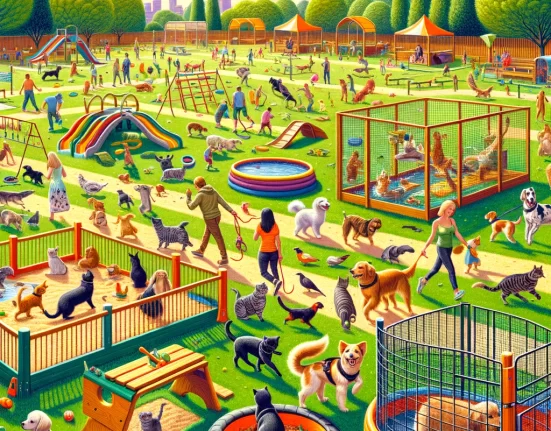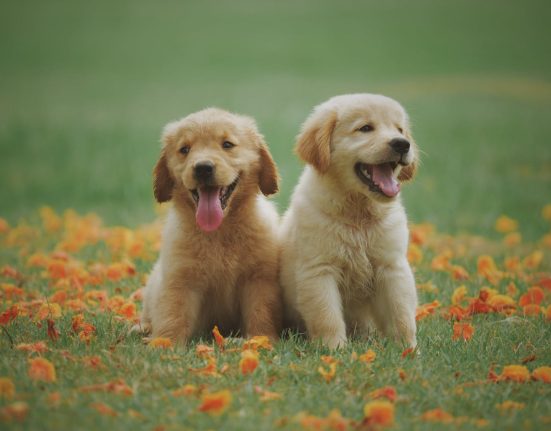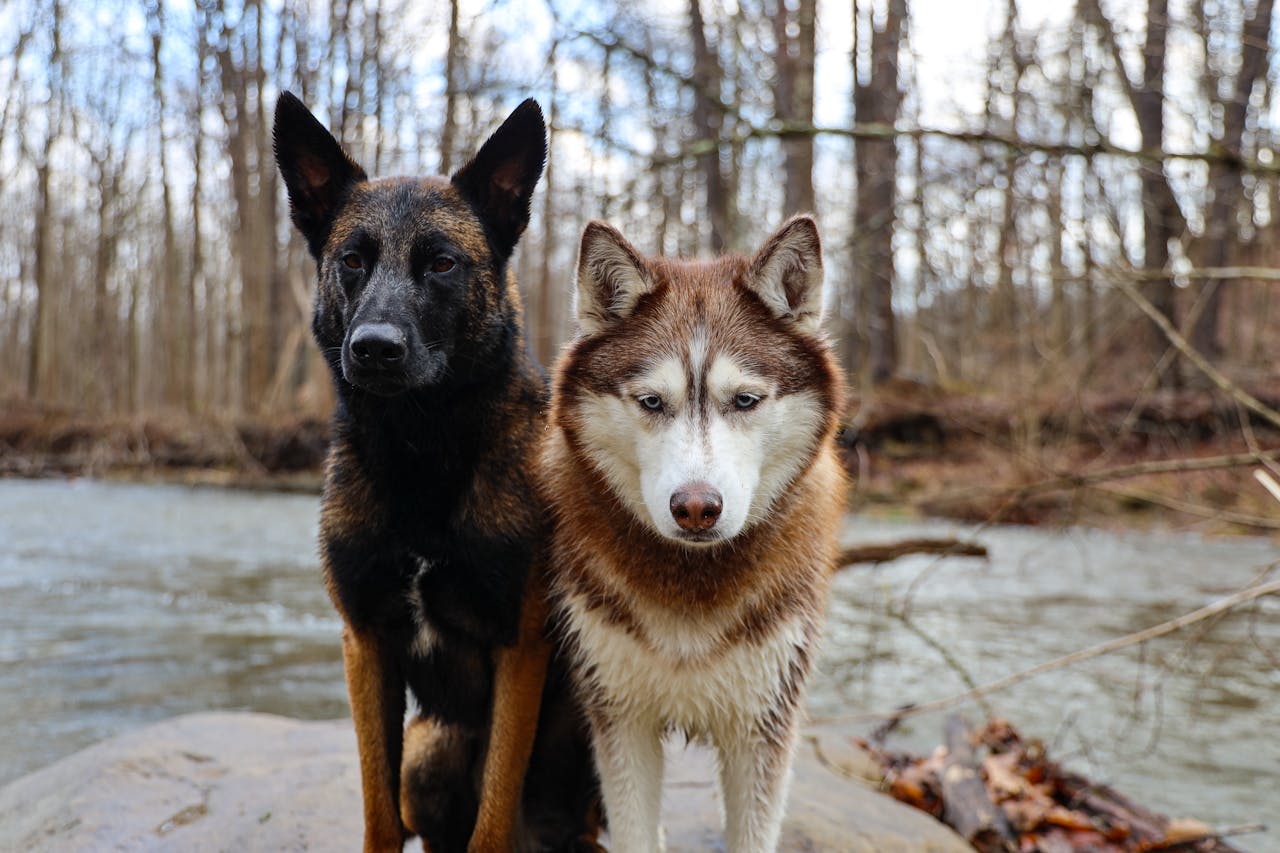The German Shepherd Husky mix is a special kind of dog known as a Shepsky. It combines the smart, protective nature of the German Shepherd with the playful, friendly spirit of the Siberian Husky. If you’re curious about this unique and beautiful pet, you’re in the right place!
In this article, you will learn:
- What makes the Shepsky both fun and challenging to have as a pet?
- The kind of care and attention these dogs need to be happy and healthy.
- How well they get along with families and other pets.
Let’s dive into the exciting world of the German Shepherd Husky mix and find out why so many people love these incredible dogs!
German Shepherd Husky Mix
A German Shepherd Husky mix, also known as a Shepsky, is a blend of two popular breeds: the strong and loyal German Shepherd and the energetic and friendly Siberian Husky. This mix creates a dog that is both intelligent and adventurous, making it an excellent companion for active families.
A Brief History and Origins
The german shepherd mix siberian husky is a relatively new type of dog, emerging over the last few decades as people began to appreciate the unique qualities of mixed-breed dogs. German Shepherds were originally bred in Germany for herding and protecting sheep, while Siberian Huskies were developed in Northeast Asia to pull sleds over long distances. When you mix these two breeds, you get a dog that loves to work, play, and protect its loved ones.
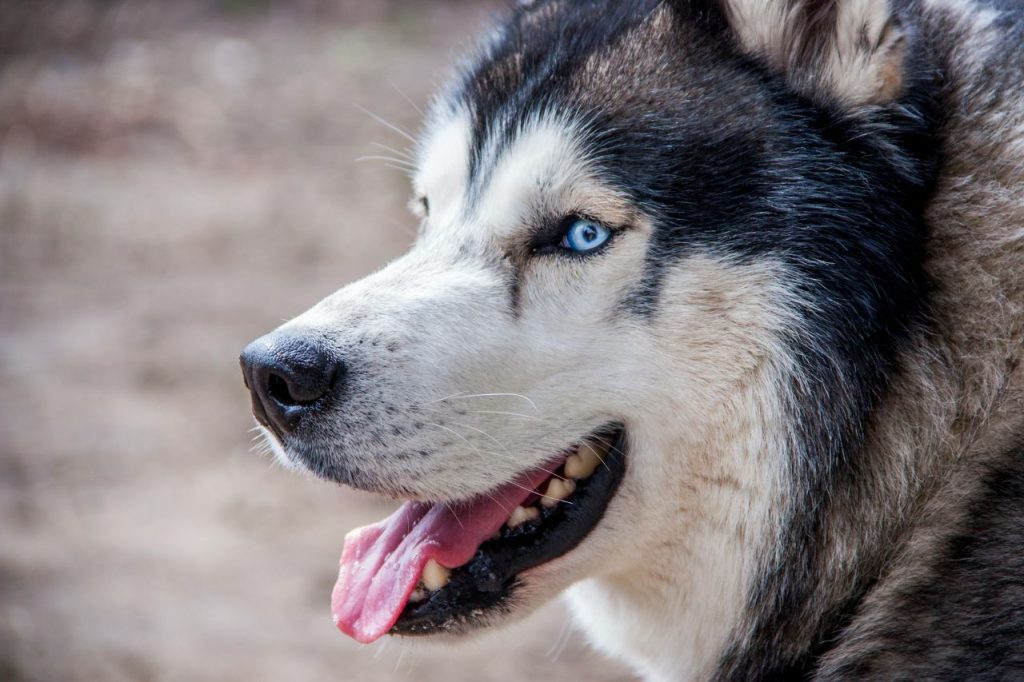
Characteristics of the German Shepherd Husky Mix
Physical Description: Size, Weight, and Stature
Shepskies can vary quite a bit in size, generally weighing between 35 to 88 pounds and standing about 20 to 25 inches tall at the shoulder. Their sturdy, muscular build makes them strong and agile, perfect for lots of activities and adventures.
Coat Types and Colors: What to Expect
The coat of a Shepsky can range from short to medium length, often thick and dense due to its Husky heritage. Common colors include combinations of black, white, gray, and brown. Their coat not only makes them incredibly beautiful but also requires regular grooming to keep it in good shape.
Distinct Facial and Physical Features
One of the most striking features of the Shepsky is their eyes, which can be brown like a German Shepherd’s or strikingly blue like a Husky’s—sometimes even one of each! Their ears are usually pointed and upright, adding to their alert and intelligent expression.
Temperament and Personality
The Blended Behavioral Traits of Two Breeds
The German Shepherd Husky mix combines the best traits of both its parent breeds. They are known for being incredibly loyal and protective like German Shepherds, while also inheriting the Husky’s friendly and outgoing nature. This makes them excellent family pets who are both fun-loving and vigilant.
Compatibility with Families and Other Pets
Shepskies generally do well in families, especially when they’ve been properly trained and socialized from a young age. They tend to be playful and patient with children and can get along well with other pets if introduced carefully and early.
Intelligence and Training Needs
Due to their high intelligence and eagerness to please, Shepskies respond well to training. However, their smart and sometimes independent nature can also lead to stubbornness, so consistent and positive training methods work best. Engaging their minds with games, tricks, and tasks is a great way to keep them mentally stimulated and well-behaved.
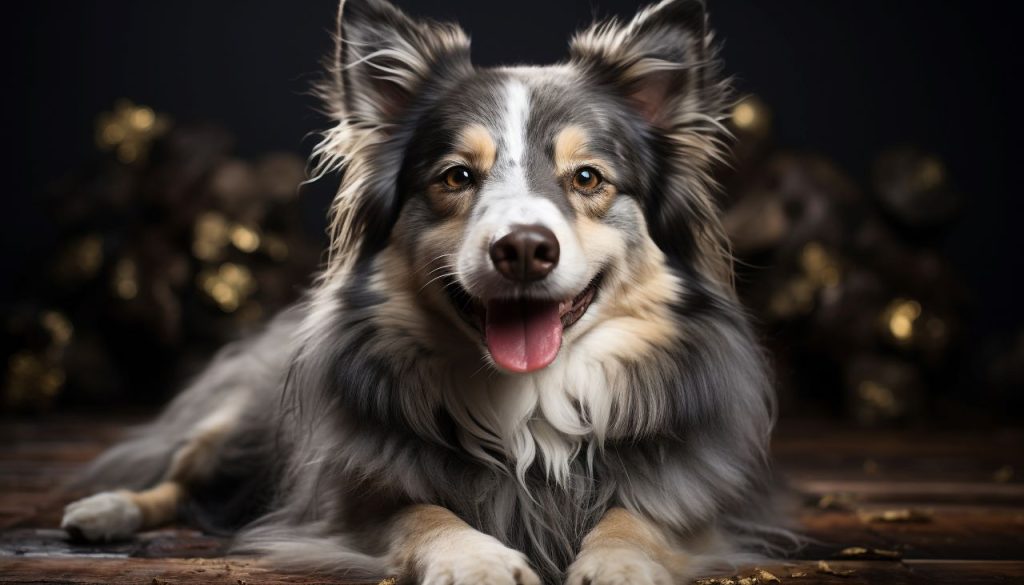
Health and Care
Common Health Issues and Prevention
The husky and german shepherd mix, or Shepsky, while generally robust, may inherit certain health issues from its parent breeds, the German Shepherd and the Siberian Husky. Key concerns include:
- Joint Issues: Hip and elbow dysplasia are common, particularly given the large size and active nature of these dogs. Regular vet check-ups and maintaining a healthy weight can help manage these conditions.
- Eye Problems: Conditions like juvenile cataracts and corneal dystrophy are potential issues. Regular eye examinations are important to catch any signs early.
- Digestive and Blood Disorders: These can include bloat, a dangerous swelling of the stomach, and blood disorders such as Von Willebrand’s disease. Knowing the signs and preventive care can be lifesaving.
- Skin Conditions: Eczema and flea allergies can cause discomfort and skin damage, requiring ongoing care and sometimes medication.
- Neurological and Other Conditions: Less common but serious issues such as epilepsy, keratitis (inflammation of the cornea), and Degenerative Myelitis (DM) also require vigilant monitoring and can often be managed with veterinary care.
- Endocrine Pancreatic Insufficiency (EPI): This condition affects digestion and requires dietary adjustments and supplements under a vet’s care.
Grooming Needs: Tips and Tricks
Shepskies have a dense double coat that sheds heavily. Regular grooming, including brushing several times a week and seasonal coat blowout care, is necessary. Routine baths and nail trims also keep the Shepsky clean and comfortable.
Exercise and Dietary Recommendations
Due to their high energy levels, Shepskies need extensive daily exercise—such as walks, runs, or games—to stay healthy and happy. A balanced diet tailored to their specific health needs, especially to avoid issues like bloat, is essential for their overall well-being.
Living with a German Shepherd Husky Mix
Daily Life and Activity Requirements
The German Shepherd Husky mix is full of energy and thrives on activity. Owners should be prepared to provide at least two hours of physical activity daily. This could include walks, runs, hikes, or play sessions with agility training to keep their mind and body engaged. They also enjoy interactive toys that challenge them mentally.
The Importance of Training and Socialization
Early and consistent training is crucial for a Shepsky. Their intelligence and independent streak can make them a handful if not properly trained. Socialization with other dogs, people, and in various environments can help prevent any potential aggression or anxiety. Positive reinforcement techniques work best for training this breed.
Space and Environment Needs
A home with a spacious yard is ideal for a full grown german shepherd husky mix, but they can adapt to smaller spaces if given sufficient exercise. They are not well-suited to apartment living unless their exercise needs are met consistently. Their thick coat also makes them more comfortable in cooler climates, though they can adapt to warmer areas with proper care and hydration.
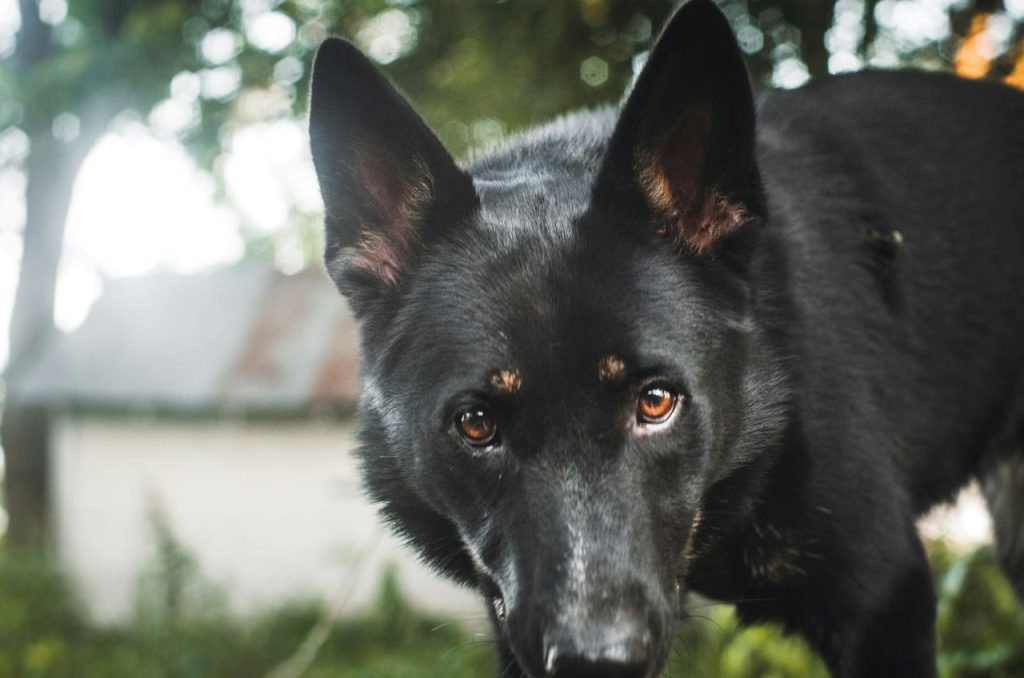
Ethical Considerations and Adoption
Understanding the Commitment: Costs and Time
Owning a German Shepherd Husky mix is a long-term commitment that involves more than just the initial cost of adoption. Prospective owners should consider ongoing expenses such as food, vet care, training, and grooming. It’s essential to understand that this breed requires significant time and energy for exercise, training, and companionship.
Where to Adopt a German Shepherd Husky Mix
When looking to bring a Shepsky into your home, it’s important to seek reputable sources. Avoid puppy mills and pet stores that may not prioritize the health and welfare of their animals. Instead, consider adoption from shelters or rescues, or seek out responsible breeders who perform health screenings on their puppies.
Ethical Breeding Practices
If choosing to buy from a breeder, ensure they follow ethical breeding practices. Ethical breeders will be transparent about the health of the puppy’s parents and the living conditions where the puppies are raised. They should also be committed to breeding to improve health, temperament, and conformance to breed standards.
Conclusion
In this article, we explored the fascinating world of the siberian husky german shepherd mix—a breed known for its intelligence, loyalty, and energetic nature. Here’s a recap of the key takeaways:
- Physical Characteristics: Shepskies are strong, agile dogs with a beautiful range of coat colors and distinctive facial features.
- Temperament and Compatibility: Are German Shepherds good with kids? This is the question most people search for when they want to add this breed to their family. They blend the protective instincts of the German Shepherd with the friendly demeanor of the Siberian Husky, making them great family pets when properly trained and socialized.
- Health and Care: While generally healthy, Shepskies can inherit certain conditions from their parent breeds. Regular health checks, a proper diet, and lots of exercise are essential.
If you’re considering adding a Shepsky to your family, the next step is to research and connect with reputable adoption centers or breeders. Understanding the commitment involved and preparing to meet their needs will ensure that you and your new furry friend will have a rewarding life together.
Frequently Asked Questions (FAQs)
Are German Shepherd Husky mixes good dogs?
Yes, German Shepherd Husky mixes, or Shepskies, are excellent dogs for the right owner. They are intelligent, loyal, and active, making them great companions for families who can provide enough exercise and engagement.
What is a Husky and German Shepherd mix called?
A Husky and German Shepherd mix is commonly referred to as a Shepsky. They may also be called a Gerberian Shepsky.
Do Shepskies bark a lot?
Shepskies can be vocal, but they do not typically bark excessively. They may bark to alert their owners of unfamiliar situations or when they feel the need to protect their territory. Proper training and socialization can help manage their barking behavior.
How big will my German Shepherd Husky mix get?
The size of a Shepsky can vary, but they typically weigh between 35 to 88 pounds and stand about 20 to 25 inches tall at the shoulder. Their size largely depends on the traits they inherit from their parent breeds.

